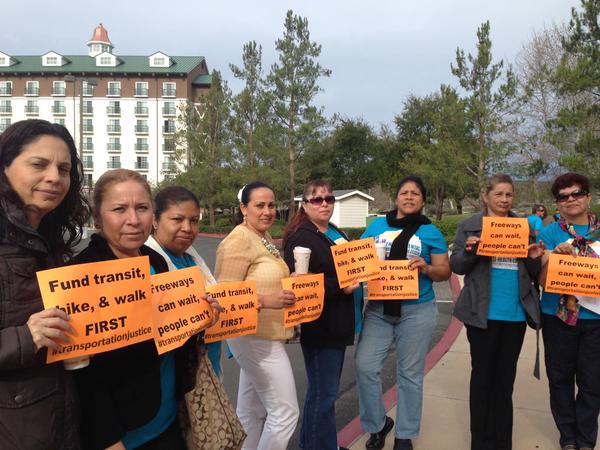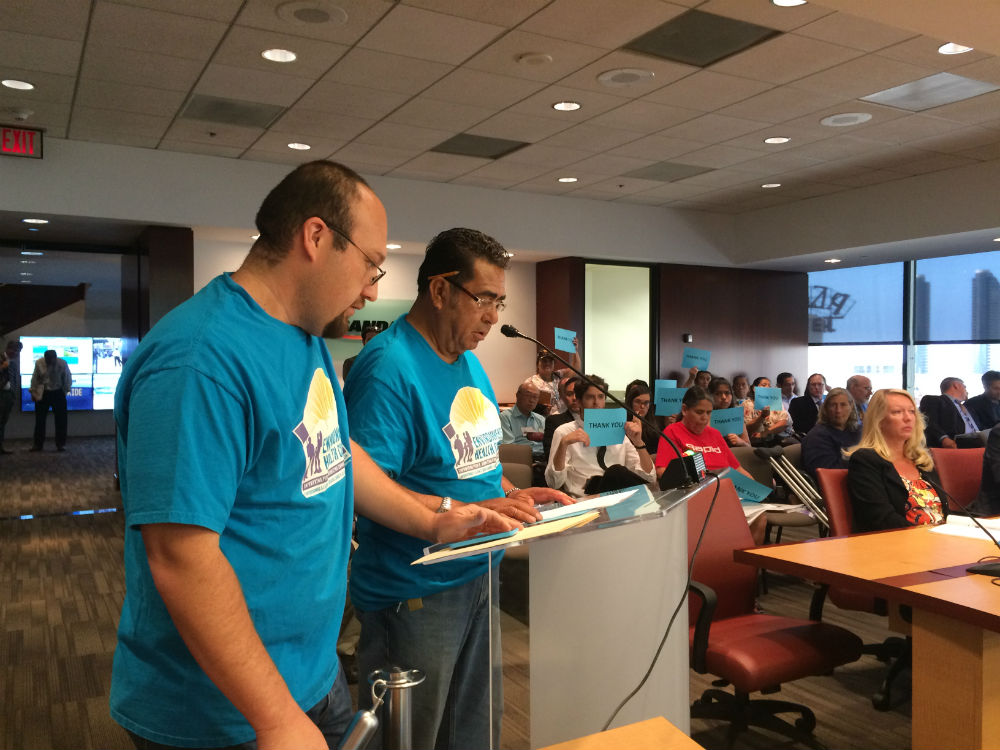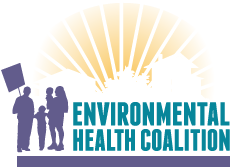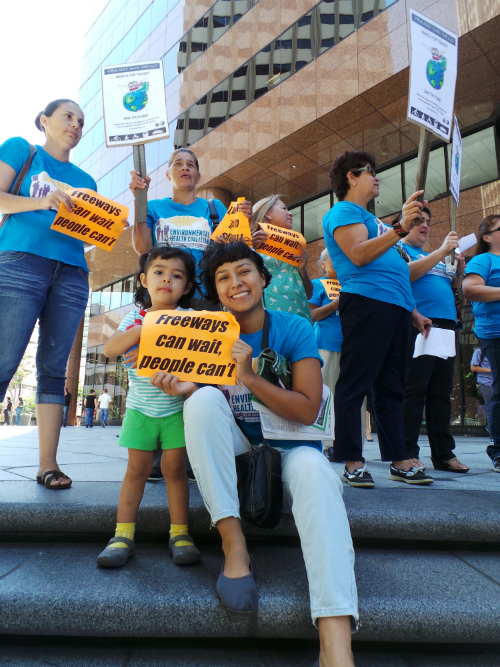A recent KPBS article reports that The San Diego Association of Governments (SANDAG), the organization responsible for planning the transportation in San Diego County, spent close to $1.5 million on a publicity strategy for the regional transportation plan.
The plan, passed last October, put freeways before people, ignoring recurring community requests for improved transit, biking and walking infrastructure before expanding freeways.

The article exposed SANDAG's developing media talking points to support the regional transportation plan; talking points that made the plan sound like a good option for our communities.
In reality, the plan is not a good option for our communities, and no media strategy or talking point covers this up.
Today, the truth remains the same: The regional transportation plan does not meet the community's needs, and it is not a good plan to improve the public health, safety and sustainability of the San Diego region.
Our communities will only improve when our government listens to the community and stands united with them.
Our communities don’t have millions of dollars to run a media campaign about the need for transportation justice.
Our communities have the truth. We have our stories. We have our heart.

Do you know where we find our talking points?
We find it in Alma from Sherman Heights, who used to take public transit two hours in each direction to get to work every day and support her family.
It’s Brent from Barrio Logan, who tirelessly advocates for accessable sidewalks and safe crossing near Chicano Park.
It’s Boo Paw, a Karen Refugee living in City Heights. She and her daughter were struck by a car on a road near her home because of the lack of safe places to walk.
It’s the mother and father in Westside National City. They stay up late every night with their child who has asthma - which is triggered by the pollution from the neighboring freeway.
They, and many others, are our inspiration. They live our talking points. Their lives are our message, and that message is this:
We must put the health and safety of our communities first.
This is one message that has never changed.


